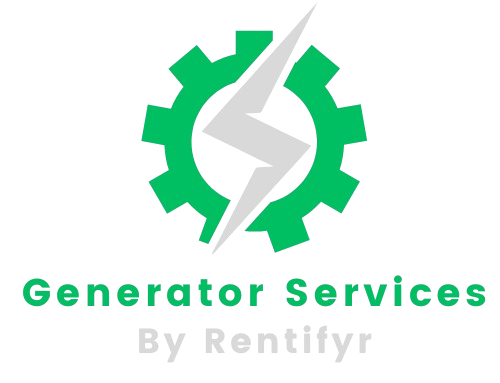Picking the right size generator is crucial for keeping your home running smoothly during power outages. A generator that’s too small won’t power all your needs, while one that’s too big wastes fuel and money. This guide will help you find the perfect fit for your home.
Understanding Power Measurements
Before we dive in, let’s break down some key terms:
- Watts: The main measure of electrical power.
- Volts: The force pushing the electricity.
- Amps: The amount of electricity flowing.
You’ll also see two types of wattage:
- Running watts: The power needed to keep an appliance running.
- Starting watts: The extra power needed to start motor-driven appliances.
Assessing Your Power Needs
- List all the appliances you want to run during an outage.
- Find the running and starting watts for each. Check labels or manuals.
- Add up the running watts for all items.
- Identify the item with the highest starting watts.
Your generator needs to handle the total running watts plus the highest starting watts.
Common Household Appliances and Their Power Needs
Here’s a quick guide to common appliances:
- Refrigerator: 600-800 running watts, 2200 starting watts
- Sump pump: 800-1050 running watts, 2400 starting watts
- Portable heater: 1500 running watts
- Lights: 60-600 watts (depends on type and number)
- TV: 100-350 watts
- Computer: 60-300 watts
Remember, these are estimates. Always check your specific appliances.
Sizing Your Generator
- Add up your total running watts.
- Add the highest starting watts.
- Add a 20% safety margin.
This total is your minimum generator size. Round up to the nearest available size.
For a deeper dive into generator types, check our Generators 101 guide.
Types of Generators and Their Capacities
- Portable generators: Usually 3,000-8,000 watts
- Standby generators: 5,000-20,000 watts or more
- Inverter generators: 1,000-4,000 watts
Learn more about choosing between these in our guide on how to choose and use a generator effectively.
Special Considerations
- Motor-driven appliances like refrigerators need extra power to start.
- Sensitive electronics may need clean power from an inverter generator.
- In hot climates, factor in higher AC usage. In cold climates, consider heating needs.
Tools and Resources
Use online wattage calculators for a quick estimate. For the most accurate sizing, consider a professional assessment.
Common Sizing Mistakes to Avoid
- Forgetting about starting watts
- Not planning for future needs
- Ignoring power quality for sensitive electronics
Case Studies
- Small apartment: A 3,000-watt portable generator can run essentials like fridge, lights, and electronics.
- Average family home: A 5,000-7,500 watt generator covers most needs.
- Large house: Might need a 10,000-watt or larger standby generator.
Tips for Efficient Generator Use
- Run your fridge for 15 minutes each hour, not continuously.
- Use LED lights to reduce power draw.
- Rotate usage of high-wattage appliances.
Conclusion
Sizing your generator right keeps your home running smoothly during outages. Remember to account for both running and starting watts, and always add a safety margin. With the right size, you’ll have peace of mind knowing you’re prepared for any power emergency.
For more on generator safety and real-life usage, check our article on generator safety and usage guidelines.
FAQs
- Can I run my whole house on a portable generator?
It depends on your home’s size and power needs. Most portable generators can’t power an entire house, but can run essential appliances. - How do I account for seasonal changes in power needs?
Size your generator for your highest usage season, typically summer (AC) or winter (heating). - Should I always buy the largest generator I can afford?
Not necessarily. An oversized generator can be less efficient and more costly to run. Aim for the right size, not the biggest.
Remember, a well-sized generator is key to effective home power backup. If you need help with generator maintenance or repair, don’t hesitate to reach out to professionals.
